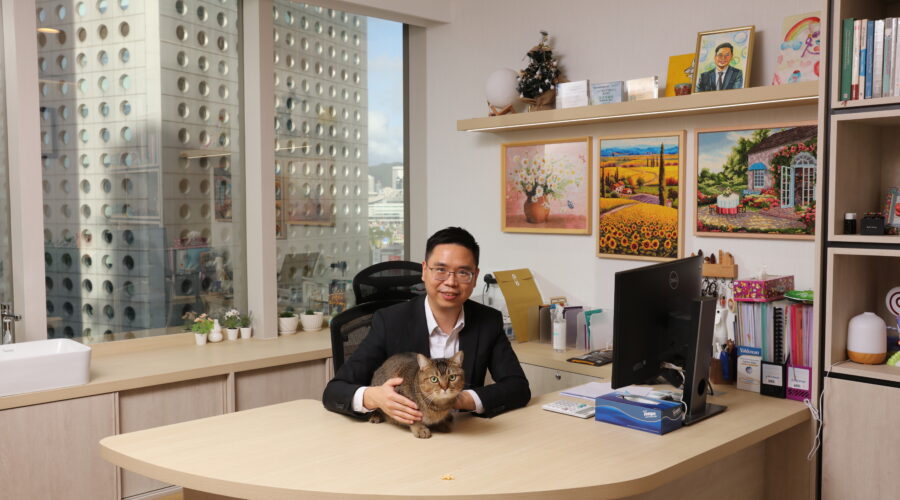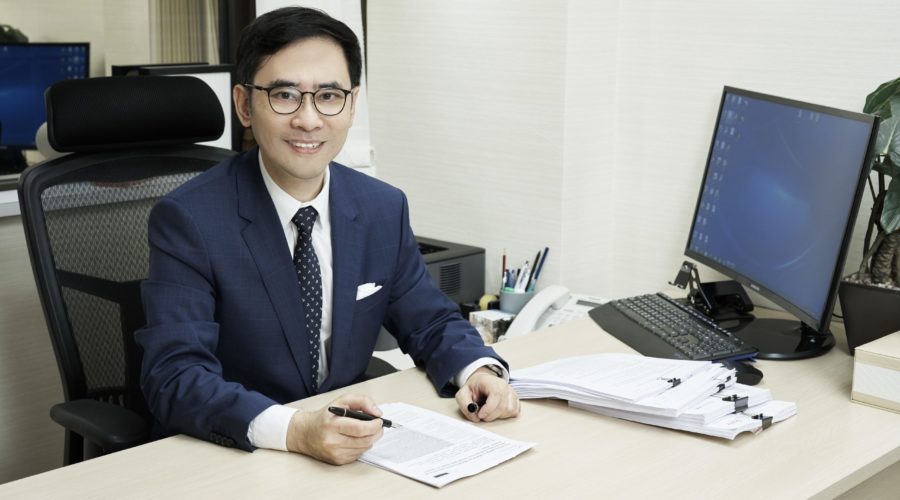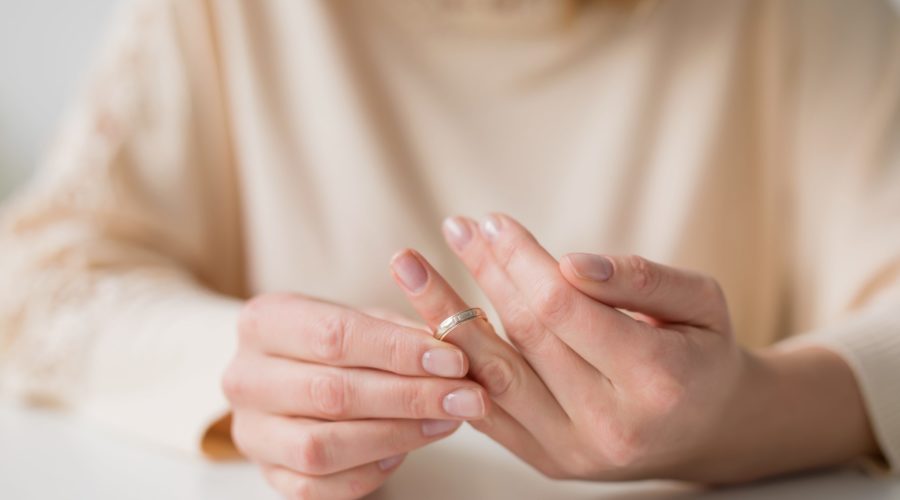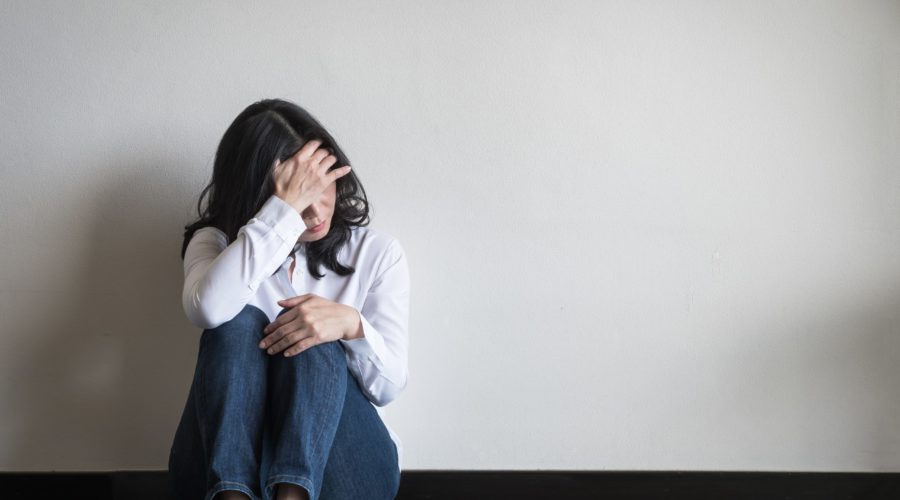
In this spotlight profile, we are speaking to Dr. Bryan Ho, a Chartered Psychologist. Dr. Ho was formally trained in Hong Kong and California, USA and received specialization degrees in Clinical Psychology and Trauma Psychology in Hong Kong and US. Dr. Ho’s practice is based in Hong Kong but he has psychologist qualifications both in the United Kingdom and Hong Kong.
In addition to his clinical practice, Dr. Ho has extensive experience in the areas of mental health. Dr. Ho has been a teaching faculty of psychiatric nursing at The Hong Kong Polytechnic University since 2012 and is now the Deputy Program Leader of the Bachelor of Mental Health Nursing at The Hong Kong Polytechnic University.
Dr. Ho, thank you for taking the time to speak with us today.
Can you tell us a little bit about your background and training?
The reason I started my career in nursing as an undergraduate degree was due to a family issue. Nursing allowed me to lead a good quality of life at that time as it was during the 1997 financial Tsunami that Hong Kong had faced and it was revealed that there was need for nurses in the workforce.
After I graduated, I worked as a nurse for many years but then decided to pursue a second career in psychology as I had always had such a strong interest in psychology since I was very young. Psychology is an interesting line of work because it allows you to study the mind of a person and to understand.
You received a specialization training in Trauma Psychology. Can you tell us more about this and how it has expanded into your practice in Hong Kong?
Scientific research provides a clear explanation on how trauma psychology helps in healing a person who experiences trauma and loss. For example, Eye Movement Desensitization and Reprocessing (EDMR) therapy is a form of evidence based intervention specifically developed for reducing the power of traumatic memories.
When it comes to my professional practice, I will tailor approaches differently depending on my patient’s physical and mental condition and will find ways that could maximize the benefits towards them.
I undergo a comprehensive clinical interview with the client and get him/her to reacquaint themselves with the trauma and may revisit it to help the patient understand the trauma. This could help to alleviate their stress.
Despite from my training in cognitive therapy and psychodynamic therapy, I also enjoy helping my client from the perspective of bio-psychology. For example, taking a deep breath. An autonomic nervous system helps to regulate certain body processes, including rate of breathing and heart rate as such, this could help to relieve the problem and your mental health through regulating your emotions effectively.
If you are experiencing a complicated relationship or have broken up with your partner, stay in the “here and now” and talk to someone, whether it be a friend or a professional and before it gets worse.
Many individuals go through divorce and unfortunately, for some, this could be considered a life trauma as many describe divorce as going through a family death. How do you counsel those struggling with issues related to divorce?
I will try to engage in conversation and develop a therapeutic relationship with the clients, and of course to develop trust. This first allows me to understand the situation and to facilitate the process of therapeutic changes.
In case an individual is having a hard time during the divorce process, and they are desperately in need of some resources to support themselves, I would highly recommend them to seek assistance from a professional. These professional helpers include but are not limited to psychologists, psychiatrists, counselors, social workers, psychiatric nurses, and pastors (with relevant training). In the event that they are less comfortable in speaking to a professional and prefer to do some online research, I would suggest that they only look for those reliable resources prepared by reputable institutions, such as The National Health Service, The Family Planning Association of Hong Kong or materials from educational institutions.
An important area of discord between parents is how to raise the children and co-parent after a divorce. What key issues do you see between parents during such struggles?
Divorcing parents can be irrational because of the emotions wrapped up in a divorce. It is wrong to use children as a weapon in divorce or separation and it is important for parents to understand that this harms the child in immense ways.
Children can sense a parent’s emotions and detect tension in the people who care for them, even as young as toddlers. If a parent cannot control their emotions and it erupts into an argument in front of a child, it is suggested to take a deep breath and calm down yourself, before carrying on the discussion. We should have the ability to manage our emotions, but we just forget to use these abilities temporarily. This means that we are able to undergo a discussion in a peaceful manner when we resume our control over our emotions.
What advice do you have for parents who are trying to co-parent amidst a divorce? What do you recommend for parents so that they can successfully navigate healthy parenting post-divorce?
Parents must try to understand each other’s limitation and strengths. They should also be rational and avoid using their children as weapons in a divorce. And parents should also remember that it’s okay to reach out to professionals when in need and that includes mediators, psychologists, psychiatrists, social workers, psychiatric nurses, counselors, and religious professionals.
About Dr. Bryan Ho, Chartered Psychologist:
 Dr. Ho is a Chartered Psychologist and focuses on health care.
Dr. Ho is a Chartered Psychologist and focuses on health care.
Dr. Ho received an undergraduate degree in psychiatric nursing from The Hong Kong Polytechnic University and received postgraduate degrees in Trauma Psychology and Clinical Psychology in Hong Kong and US.
Apart from his role as a chartered psychologist, Dr. Ho has extensive experience in teaching psychiatric nursing at The Hong Kong Polytechnic University since 2012. Dr. Ho is now the Deputy Program Leader of the Bachelors of Mental Health Nursing at The Hong Kong Polytechnic University.










